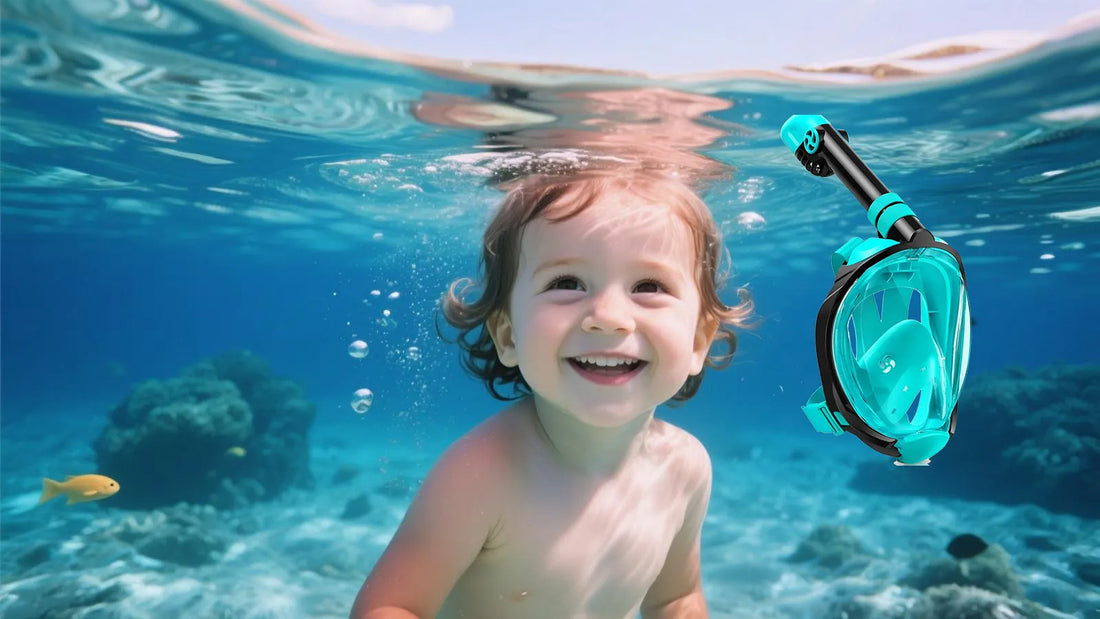Scuba diving is often seen as an adventurous and thrilling activity, but many people wonder, is scuba diving hard to learn? The answer isn’t a simple yes or no. It depends on your comfort level in the water, your willingness to learn, and your ability to follow safety protocols. This guide will break down everything you need to know about learning scuba diving, from the basics to the challenges you might face.
What Is Scuba Diving?
Scuba diving is an underwater activity where divers use specialized equipment to breathe and explore beneath the surface. The term SCUBA stands for Self-Contained Underwater Breathing Apparatus. It allows divers to stay underwater for extended periods, unlike free diving, which relies on holding your breath.
Is Scuba Diving Hard to Learn for Beginners?
For many beginners, the idea of scuba diving can seem intimidating. However, with proper training and guidance, it becomes much more manageable. Here are some factors that influence how hard scuba diving is to learn:
1. Comfort in the Water
If you’re already comfortable in the water, learning scuba diving will be easier. Basic swimming skills are essential, as you’ll need to navigate underwater environments confidently. If you’re not a strong swimmer, consider taking swimming lessons before starting your scuba diving journey.
2. Understanding the Equipment
Scuba diving involves using specialized equipment like a regulator, buoyancy control device (BCD), and tanks. While it may seem overwhelming at first, most training programs break down each piece of equipment step by step. With practice, using the gear becomes second nature.
3. Mastering Buoyancy Control
One of the trickiest aspects of scuba diving is mastering buoyancy control. This skill allows you to float effortlessly underwater without sinking or rising too quickly. It takes practice, but once you get the hang of it, it becomes one of the most enjoyable parts of diving.
4. Learning Safety Protocols
Safety is paramount in scuba diving. You’ll need to learn how to handle emergencies, such as running out of air or dealing with equipment malfunctions. While these scenarios can seem daunting, proper training ensures you’re prepared to handle them confidently.
What Does Scuba Diving Training Involve?
Scuba diving training typically consists of three main components:
1. Classroom or Online Learning
Before you hit the water, you’ll need to understand the theory behind scuba diving. This includes learning about pressure, buoyancy, and the effects of diving on the body. Many programs offer online courses, making it convenient to study at your own pace.
2. Confined Water Training
Once you’ve grasped the theory, you’ll move on to confined water training. This usually takes place in a pool or shallow water, where you’ll practice using the equipment and mastering basic skills like clearing your mask and regulator.
3. Open Water Dives
The final step is completing open water dives under the supervision of an instructor. This is where you’ll apply everything you’ve learned in a real-world setting. Most certification programs require four open water dives to complete the course.
Common Challenges Beginners Face
While scuba diving is accessible to most people, beginners often face a few common challenges:
1. Equalizing Ear Pressure
As you descend underwater, the pressure on your ears increases. Equalizing this pressure is essential to avoid discomfort or injury. Techniques like the Valsalva maneuver can help, but it takes practice to get it right.
2. Managing Anxiety
It’s normal to feel anxious when you’re underwater for the first time. Breathing slowly and focusing on your training can help calm your nerves. Over time, most divers find that their anxiety decreases as they gain experience.
3. Staying Calm in Unexpected Situations
Underwater environments can be unpredictable. Whether it’s encountering marine life or dealing with equipment issues, staying calm is crucial. This is why repetition and practice are key components of scuba diving training.
Tips for Making Scuba Diving Easier to Learn
If you’re eager to learn scuba diving but worried about the challenges, here are some tips to make the process smoother:
1. Choose a Reputable Instructor
A good instructor can make all the difference in your learning experience. Look for someone who is patient, experienced, and certified by a recognized diving organization.
2. Practice Regularly
Like any skill, scuba diving improves with practice. Try to dive as often as possible to build your confidence and refine your techniques.
3. Stay Physically Fit
Scuba diving can be physically demanding, especially in strong currents or deep waters. Maintaining good physical fitness will make the experience more enjoyable and less tiring.
4. Join a Diving Community
Connecting with other divers can provide valuable support and encouragement. Many diving clubs offer group dives, which are a great way to meet like-minded people and gain experience.
Is Scuba Diving Worth the Effort?
Absolutely! While learning scuba diving may require time and effort, the rewards are well worth it. Imagine exploring vibrant coral reefs, swimming alongside exotic marine life, and discovering underwater wrecks. Scuba diving opens up a whole new world of adventure and wonder.
So, is scuba diving hard to learn? It can be challenging at first, but with the right mindset and training, anyone can become a confident diver. Start your journey today and unlock the incredible experiences that await beneath the surface!

